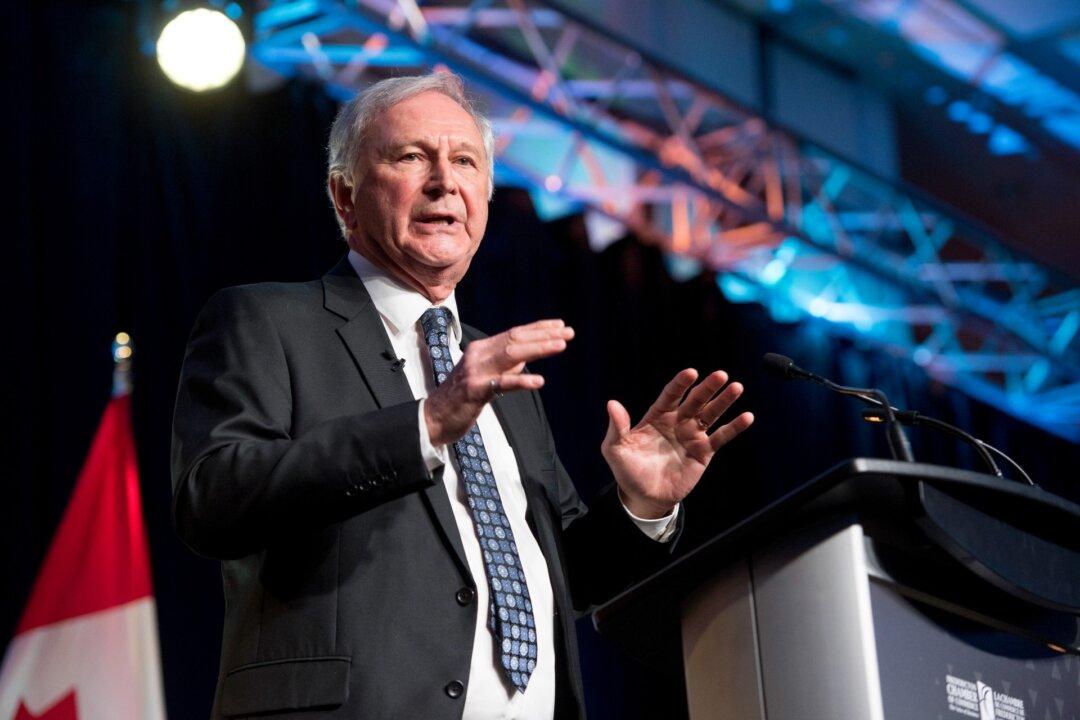In 2019, Alberta’s United Conservative Party (UCP) under Jason Kenney repealed a policy prohibiting teachers from informing parents when their children joined LGBTQ clubs or transitioned genders. Now, New Brunswick Premier Blaine Higgs is making a similar move, with policy changes effective July 1 that say parents should be informed if their children are changing genders at school.
The fight over the issue has been so intense that Higgs has faced revolt from some members of his cabinet and there has been talk of a leadership review or even a snap election.





